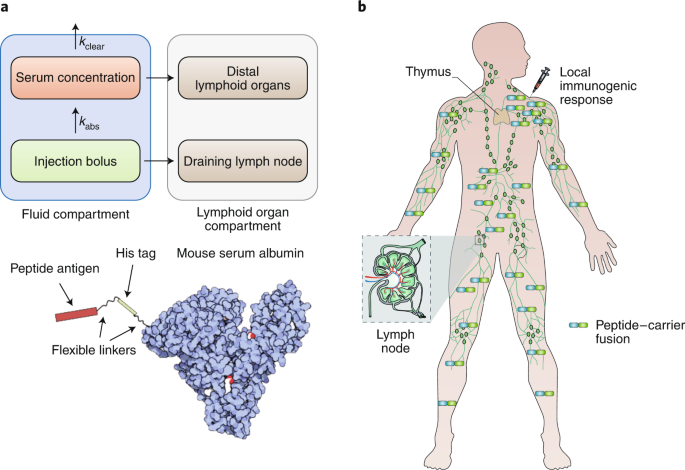
- Select a language for the TTS:
- UK English Female
- UK English Male
- US English Female
- US English Male
- Australian Female
- Australian Male
- Language selected: (auto detect) - EN
Play all audios:
Without recognizing them as ‘third gender’, the government Sunday framed a policy for the transgender community aimed to provide them with a range of benefits. The draft policy mentions
that the transgender has not been recognized as a “separate gender” in the constitution of J&K and, as such, no legislation on the subject has either been contemplated or enacted. “In
respect to the specific demand made for recognition of the transgender as a third gender, the said classification would require massive statutory amendments which requires thorough
examination and deliberations being subject of State list of the Indian Constitution. “However, in terms of Section 5 of Jammu and Kashmir, (the) State Legislature is competent to do so,”
the draft policy reads, adding that till such time the legislation on the subject is put in place, the transgender term shall be used as a general definition for purpose of framing of
policy. WHAT DOES THE POLICY SAY RESERVATION Transgender persons who by birth do not belong to scheduled caste or scheduled tribe category may be declared as “backward class” and be
entitled for reservation under the existing ceiling of OBC category. Those transgender persons who by birth belong to scheduled caste or scheduled tribe category may be entitled for
reservation under their respective categories as per the existing rules. The Service Selection Board as well as Public Service Commission and all other institutions while issuing forms for
employment should provide separate columns for transgender also. All the benefits which are available to the OBC Categories should be extended to the transgender which includes reservation
in employment. The social welfare department has sought suggestion from the stakeholders on the draft policy before implementing it. EDUCATION There is an urgent need for addressing the
community’s concerns in education sector in a holistic way that implies giving attention to access, equity, environment and employment. Addressing stigma and discrimination at early stage
will help bring transgender children to school and retaining them up to the higher level. The transgender persons do not dropout from schools by choice but by force due to acute
discrimination and abuse. Transgender children face physical, mental and emotional violence forcing them to leave. Proper mechanism has to be evolved to ensure their safety. This also
requires taking the responsibility. Sensitization towards transgender community should be an integral part of student counselling at schools. Contents on transgender can be included in the
curriculum of adolescent education in schools to sensitize children. This can become an effective step to address the stigma/discrimination at schools. EMPLOYMENT Transgender persons shall
be provided with equal opportunities for productive and gainful employment irrespective of any gender discrimination. Similarly, to encourage self employment among transgender persons, the
state government shall enrol them in self employment schemes of the state/central government on preferential basis. Policy and institutional reforms that enable access to social protection
schemes, targeting the poor and other at-risk groups, must be made transgender inclusive. TRANSGENDER CERTIFICATE The state government shall notify guidelines for evaluation of and
procedure for certification on the following lines: There shall be a Medical Board, headed by the Chief Medical Officer comprising District Social Welfare Officer, psychologist,
psychiatrist, a social worker and two representatives of transgender community and such other person or official as the state government deems appropriate, who will issue certificate to this
effect. The certificate issued should be acceptable to all authorities for indicating the gender on official documents like ration card, passport, birth certificate, Adhar card. EXPERTS
SAY The non-recognition of transgender as a separate gender has evoked criticism from the experts on the subject. “When they are not recognizing them as a separate gender, who are they
framing the policy for?” asked Dr Aijaz Ahmad Bund, a social activist, fighting for the rights of the transgender community. “This is the second policy they have drafted for the transgender
community. The first policy they drafted was some six-seven months ago, it was a flawed policy and now, they have come up with another policy,” he said. “In the draft they have written that
a board comprising chief medical officer (CMO) and psychiatrist/psychologist will determine the gender of the beneficiaries and issue a certificate. Isn’t this insulting? Who are they to
evaluate and examine their gender? The language in the draft policy is very vague.” “In the policy they talk about sexual assault on transgender community, but the Ranbir Penal Code (RPC)
doesn’t cover the transgender persons as victims of sexual assault,” Bund said. He said, “We are going to submit our suggestions to Social Welfare Department and also file objections in the
Court.”






